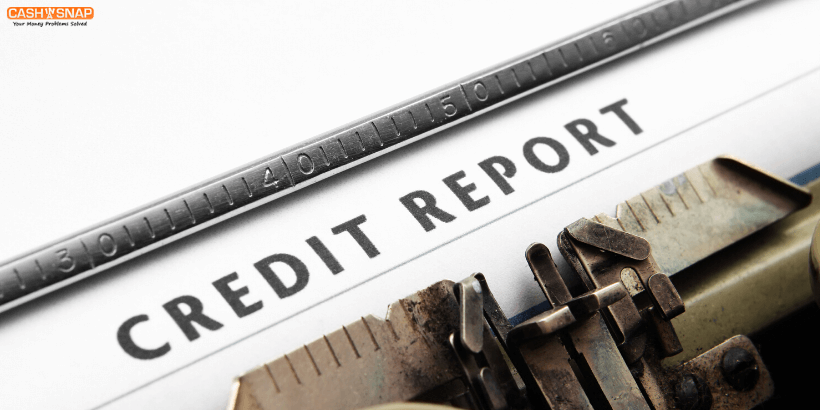Your credit scores (from the 3 major reporting bureaus) are made up of many factors. These scores affect our lives in more ways than we may realize and can change our financial expenses in a big way over the course of many years. Credit scores are calculated based on formulas and your personal credit usage and payment history.

The main factors in your score are payment history, the amount you owe to all creditors, how many years you have of credit history, and other lesser factors. These factors are generally weighted as follows:
• payment history is about 35% of your score,
• the amount you owe is about 30% of your score,
• length of your credit history is about 15% of your score,
• and the remaining factors are about 10% of your score.
When and how you pay your credit-related bills (debt) affects your score. Here are a few different scenarios and how they may affect your credit reports.
What Happens to My Credit When I Repay Some of My Debts?
Almost everyone has a credit card, some form of a personal loan e.g., a car lease or loan, and possibly other debts. When you make your payments when they are due (or before the due dates), you lower your debt. As long as you are not adding new debt, this will positively affect your credit score. It is not an instant change as credit agencies monitor your history and habits over time.
If you want to get faster results, the best strategy is to make payments that are larger than the amounts due and to pay them a little early i.e., before the actual due dates. Credit bureaus like early payments, and it is easy to do if you do a “reset” and start paying everything 5 or 10 days early rather than waiting for the due dates. Of course, you will need to have the budget to do this.
How much you use your credit is a big factor in your score. For example, if your credit card total available credit is $10,000, and you use half of it or 50%, it will affect your score negatively. Whereas, using only $500 (or 5%) of it will affect your score positively. Just making your payments on time is expected, but do not expect your score to go up if that is all you are doing. The percentage of your total credit that you use is a significant factor in your score. Generally, using less than 10% of your available credit is very positive.
The higher your usage, the more your score will drop!
What Happens to My Credit When I Repay My Debts?
If you budget well and can pay off all your debt (except maybe an auto lease), your score will likely improve since this factor is over a third of your score and impacts it greatly. If you can then maintain a good history and make any payments on time or early, you will probably see additional improvements in your scores.
Does Closing One of My Credit Accounts Affect My Credit?
It would seem to make sense to close an account once you pay it off. You may never plan to use it anyway, right? Wrong. Each account has available credit. Remember that a key factor in your score is the usage of credit. If you pay off a $5,000 credit limit card, keeping it open means you have $5,000 in available credit as part of your total available credit. Several credit cards could add up to a lot of available credit and actually help you increase and maintain your scores.
Another action you can take if you are paying consistently on time is to ask for a higher credit limit on your cards. This will increase your total available credit and lower your usage rate at the same time. Both are positive factors in your credit scores. The key is to budget and maintain your discipline. You do not want to start using that available credit!
Not sure where to start to improve your score? Almost every city and state has free resources to help you start a budget and learn how to improve and maintain a good credit score. It takes time, but over a lifetime, it can save you tens if not hundreds of thousands of dollars in unnecessary expenses.


